PHELLANDRIUM AQUATICUM ( PHEL ) Homeopathic Uses & Treatment Insights
Phellandrium Aquaticum, also known as water fennel, is a highly effective homeopathic remedy particularly noted for its impact on respiratory conditions such as tuberculosis, bronchitis, and emphysema. This remedy has been frequently verified in clinical practice for treating symptoms associated with offensive cough and expectoration. It plays a crucial role in conditions that affect the middle lobes of the lungs, where it offers relief from hemoptysis, hectic fever, and diarrhea.
Key Symptoms Addressed by Phellandrium Aquaticum
Respiratory Symptoms
Phellandrium Aquaticum is best known for its ability to treat various respiratory issues, including persistent cough and foul-smelling expectoration. This makes it a popular remedy for conditions like:
- Phthisis (tuberculosis)
- Chronic Bronchitis
- Emphysema
Key Symptoms:
- Offensive cough with expectoration, worse in the morning.
- Continuous cough that forces the patient to sit up, often accompanied by dyspnea.
- Hectic fever with night sweats, a common feature in tuberculosis and chronic respiratory diseases.
Materia Medica Insight:
The sweet taste associated with food and other substances is a unique characteristic in patients who benefit from this remedy. It also aids in relieving haemoptysis, which refers to coughing up blood, common in severe respiratory cases like tuberculosis.
Head Symptoms
Key Symptoms:
- Crushing sensation on the vertex (top of the head).
- Burning pain in the temples and around the eyes.
- Vertigo, especially when lying down, making it hard to find comfort.
Materia Medica Insight:
Phellandrium Aquaticum addresses severe headaches often associated with neuralgia, affecting the ciliary nerves that control eye movement. This is particularly useful in cases where visual strain exacerbates the headache.
Eye Symptoms
Key Symptoms:
- Burning pain in the eyes, worse with any attempt to use them.
- Sensitivity to light, resulting in lachrymation (excessive tearing).
- Ciliary neuralgia, a type of eye pain that worsens with movement.
Materia Medica Insight:
This remedy provides relief from eye strain and neuralgic pains around the eyes, making it particularly beneficial for individuals who suffer from headaches triggered by visual disturbances.
Female Symptoms
Key Symptoms:
- Severe pain in the milk ducts, especially between nursing.
- Intolerable pain in the nipples.
Materia Medica Insight:
For nursing mothers, Phellandrium Aquaticum is invaluable in addressing the discomfort associated with mastitis or inflammation of the milk ducts, providing much-needed relief during breastfeeding.
Chest Symptoms
Key Symptoms:
- Sticking pain through the right breast, near the sternum, radiating to the back and shoulders.
- Early morning dyspnea (difficulty breathing) with continuous coughing.
- Hoarseness and profuse, foul-smelling expectoration that makes breathing and speaking uncomfortable.
Materia Medica Insight:
These chest symptoms are critical in respiratory conditions, where this remedy helps reduce discomfort from lung congestion, promoting easier breathing and reducing cough intensity.
Fever Symptoms
Key Symptoms:
- Hectic fever, marked by profuse perspiration and physical exhaustion.
- Fever often accompanied by pain in the arms and a strong desire for acidic foods or drinks.
- Intermittent fever, common in tuberculosis and related conditions.
Materia Medica Insight:
This remedy helps alleviate the debilitating effects of hectic fever, especially in chronic respiratory conditions, restoring energy and reducing excessive sweating.
Extremities Symptoms
Key Symptoms:
- Generalized fatigue, especially when walking or engaging in physical activity.
Materia Medica Insight:
Phellandrium Aquaticum restores strength and reduces the feeling of tiredness in individuals suffering from conditions that cause muscular fatigue, commonly associated with chronic illnesses.
Dose and Usage
The recommended dosage of Phellandrium Aquaticum ranges from tincture to the sixth potency. In cases of phthisis (tuberculosis), practitioners often suggest using potencies not below the sixth for optimal therapeutic benefits.
Remedy Relationships
Phellandrium Aquaticum is often compared with other remedies in treating similar respiratory and neuralgic conditions, such as:
- Conium for chest pains.
- Phytolacca for glandular swellings.
- Silicea for tuberculosis.
- Antimonium Iodatum for respiratory infections.
- Myosotis Arvensis for cough and chest issues.
Select Your Homeopathic Medicine Dose and Potency
Potency Selection Guide
Relationship of Remedies
Why our homeopathy guides are different
We break down classical homeopathic ideas, remedy personalities, and prescribing tips into clear explanations so students and patients can follow along without jargon.
This homeopathy site is for study and education only. For any health concern, always work with a qualified doctor or registered homeopathic practitioner.
Similar Posts You may also like

NITRO MURIATICUM ACIDUM HOMEOPATHIC MATERIA MEDICA | Uses, Symptoms & Benefits Guide

NITRI SPIRITUS DULCIS HOMEOPATHIC MATERIA MEDICA | Uses, Symptoms & Benefits Guide

NUPHAR LUTEUM HOMEOPATHIC MATERIA MEDICA | Uses, Symptoms & Benefits Guide

NUX MOSCHATA HOMEOPATHIC MATERIA MEDICA | Uses, Symptoms & Benefits Guide

NUX VOMICA HOMEOPATHIC MATERIA MEDICA | Uses, Symptoms & Benefits Guide
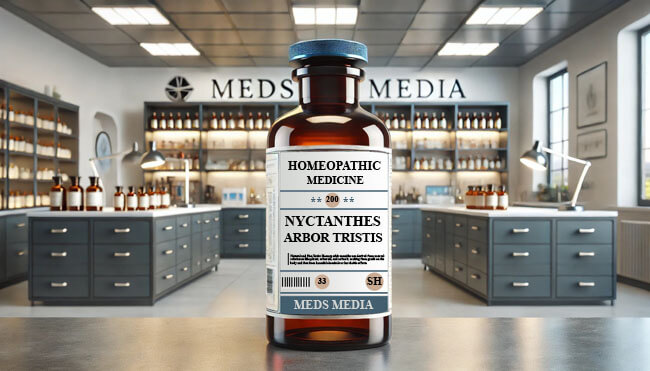
NYCTANTHES ARBOR TRISTIS HOMEOPATHIC MATERIA MEDICA | Uses, Symptoms & Benefits Guide
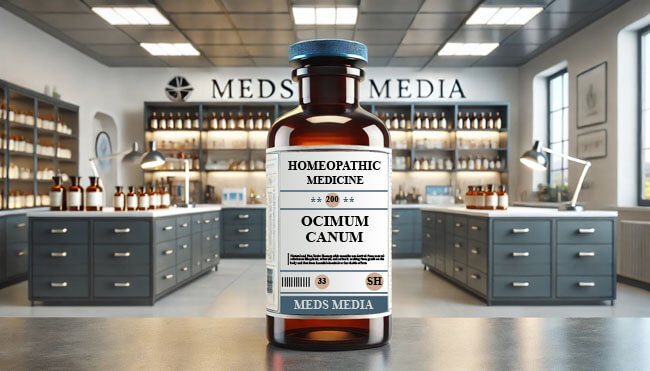
OCIMUM CANUM HOMEOPATHIC MATERIA MEDICA | Uses, Symptoms & Benefits Guide

OENANTHE CROCATA HOMEOPATHIC MATERIA MEDICA | Uses, Symptoms & Benefits Guide
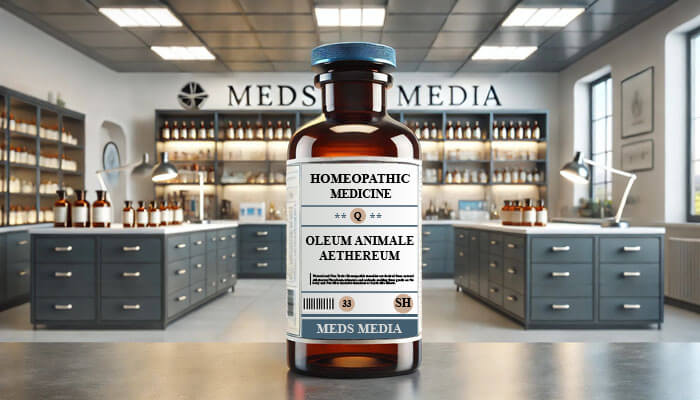
OLEUM ANIMALE AETHEREUM: HOMEOPATHIC MATERIA MEDICA – Symptoms Guide

OLEUM JECORIS ASELLI: HOMEOPATHIC MATERIA MEDICA – Symptoms Guide

OLEUM SANTALI: HOMEOPATHIC MATERIA MEDICA – Symptoms Guide
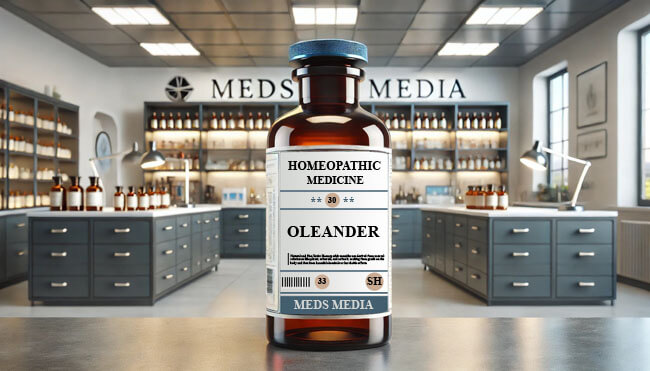
OLEANDER: HOMEOPATHIC MATERIA MEDICA – Symptoms Guide

ONISCUS ASELLU: HOMEOPATHIC MATERIA MEDICA – Symptoms Guide

ONOSMODIUM VIRGINIANUM: HOMEOPATHIC MATERIA MEDICA – Symptoms Guide

OPIUM: HOMEOPATHIC MATERIA MEDICA – Symptoms Guide
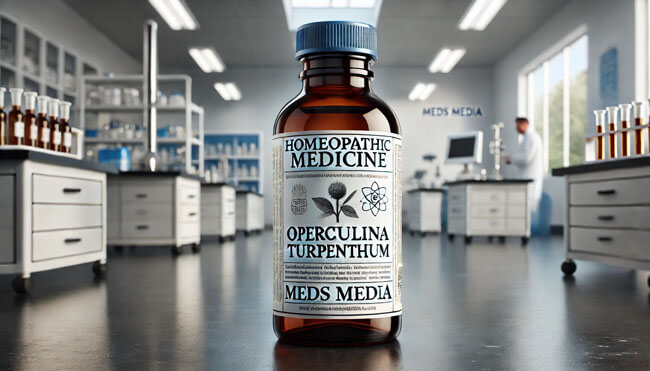
OPERCULINA TURPENTHUM: HOMEOPATHIC MATERIA MEDICA – Symptoms Guide

OPUNTIA FICUS: HOMEOPATHIC MATERIA MEDICA – Symptoms Guide
